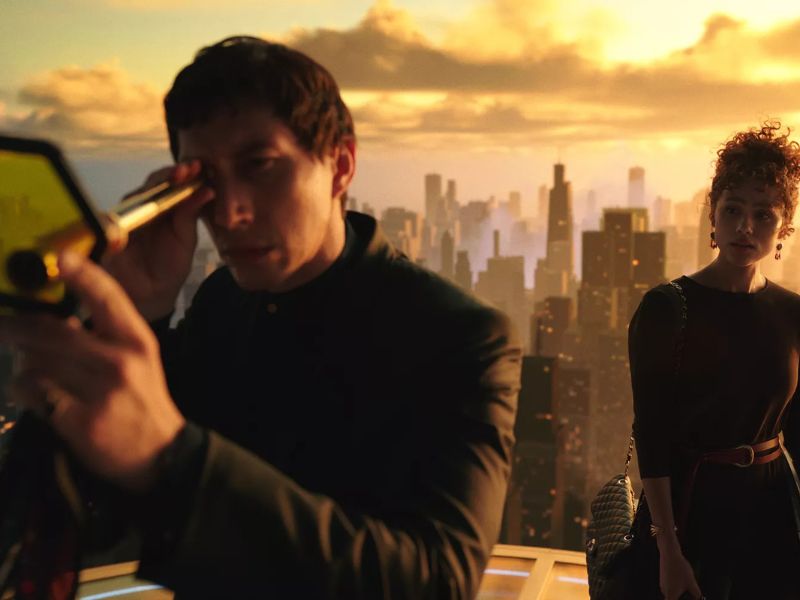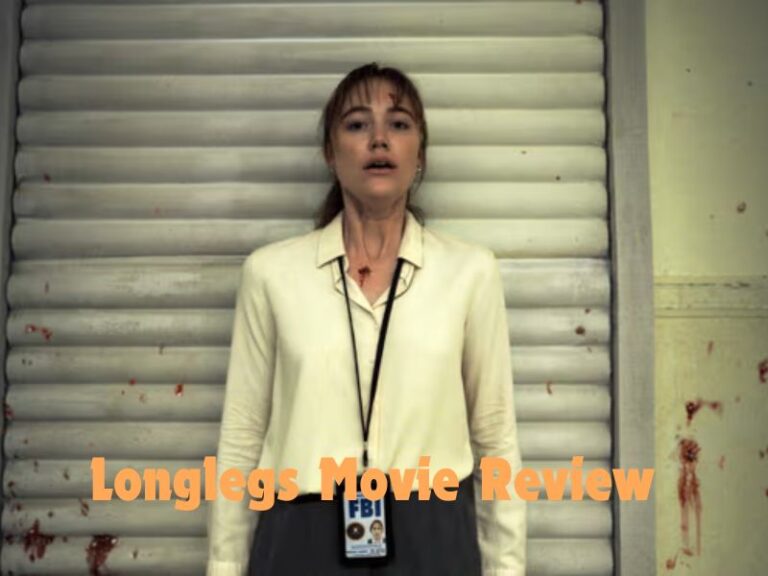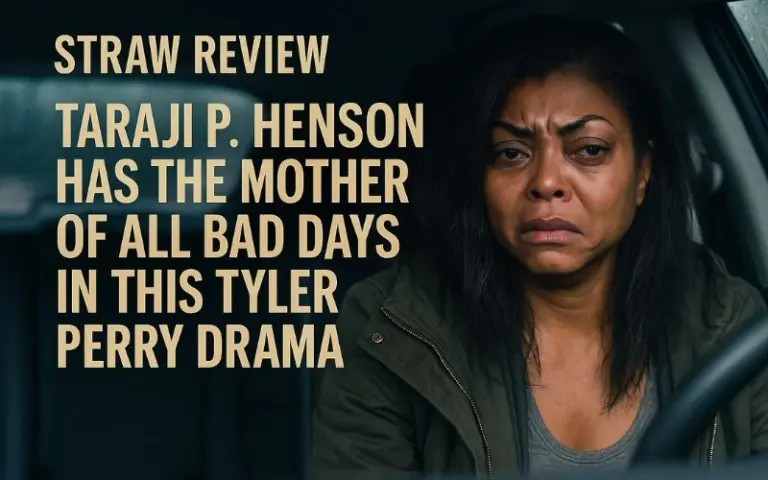Megalopolis Reviews: Why Francis Ford Coppola’s Latest Film Falls Flat

Francis Ford Coppola’s Megalopolis is Bloated and Unforgivably Dull
Francis Passage Coppola, the incredible chef behind The Adoptive Parent and End of the World Presently, reshaped the scene of American cinema. His commitments to the creation are ageless, but his most recent film, Megalopolis, tragically, may go down as a recolor of his something else brilliant bequest. As one of the foremost expected movies in later a long time, numerous anticipated this energy venture to be an epic swan song. Instead, Megalopolis could be a meandering, bloated mess of a motion picture that’s as befuddling because it is unengaging.
Ambitious, But Fatally Flawed

At its center, Megalopolis points to mix the glory of Antiquated Rome with the cutting-edge day, making a cutting-edge story that reflects on the Joined together States’ claim decrease. Whereas the concept sounds intriguing on paper, Coppola’s execution falls level. The combination of Roman iconography with modern-day Unused York may be a brave endeavor at social commentary, but it never completely comes together into a coherent account.
Characters wear frocks near pinstripe suits, whereas Craftsmanship Deco engineering collides with futuristic cityscapes. There’s indeed a not-so-subtle “Make Rome Incredible Once more” reference a clear cut at America’s current political climate but it feels shoehorned instead of smart.
The premise sounds promising: Cesar Catilina (played by Adam Driver) may be a visionary looking to construct Megalopolis, an idealistic city for individuals. But his plans are upset by the degenerate Chairman Cicero (Giancarlo Esposito), starting a battle for control. In another layer of plot convolution, Cicero’s girl, Julia (Nathalie Emmanuel), falls for Cesar, reverberating a Shakespearean love story of quarreling families. Shockingly, what seems to have been a capable story of political interest and sentiment disintegrates beneath the weight of its claim tangled narrating.
A Dystopian World Without Focus
Megalon, the puzzling chemical or building fabric central to Cesar’s plans, is never clarified in any important way, taking off gatherings of people scratching their heads. The strife between Cesar and Cicero over this dubious substance, which aims to be the backbone of the film, never picks up any footing. The film bounced between plot focuses with little focus, taking off watchers misplaced and uninterested in the result.
This need for coherence isn’t made a difference by the overabundance of characters, numerous of whom serve small reasons. From the Crassus family highlighting an agonizingly unfunny Shia LaBeouf as Clodio, a power-hungry trick to Wow Platinum (Aubrey Square), a gold-digging writer, Megalopolis is flooding with caricatures who never feel like genuine individuals. Indeed prepared on-screen characters like Jon Voight and Dustin Hoffman come up short to infuse life into their paper-thin parts. What’s more regrettable, the film’s female characters are bizarrely endorsed, with Emmanuel’s Julia standing as a dull cherish intrigued with no organization of her claim.
Performances as Lifeless as the Script
Maybe the foremost stunning disappointment of Megalopolis is how ineffectively Coppola coordinates his cast of A-listers. Adam Driver, as a rule, a powerhouse on-screen character, looks hopeless all through, even though he’s fair holding up for somebody to put him out of his wretchedness. Nathalie Emmanuel’s change from a party girl to a charitable ingenue feels constrained and lifeless. Giancarlo Esposito tries to have fun with his part as Cicero, but indeed he cannot elude the film’s insipidness.
Aubrey Square, known for her offbeat and strong exhibitions, makes a brave exertion to infuse a little vitality into her character, but the fabric is so frail that her endeavors drop level. Shia LaBeouf and Jon Voight, both tricky in their claim right, feel miscast and out of put in a film that can’t choose on the off chance that it needs to be tall craftsmanship or camp.
An Overstuffed Mess of Genres

Elaborately, Megalopolis may be an interwoven of thoughts that never very gel. The film’s plan choices are a hodgepodge of robes, hoodlum suits, and cutting-edge mold, but none of it is outwardly striking or inventive. For a film implied to be Coppola’s magnum creation, the cinematography is shockingly deadened. Indeed the sci-fi components, which endeavor to utilize Bauhaus design principles, drop level and feel sterile instead of visionary.
The adoring story between Cesar and Julia is void of chemistry, whereas the political interest never feels critical. Topics of control, riches, and debasement ought to have made for a compelling show, but Megalopolis oversees to drain all the pressure from these possibly energizing components. In attempting to handle as well numerous thoughts, Coppola closes up by saying nothing at all.
A Dialogue That Defies Logic
On the off chance that the disordered plot and deadened visuals weren’t sufficient, Megalopolis highlights a few of the foremost funny discourses in later memory. Dustin Hoffman’s character, Nush “The Fixer” Berman, sets the tone early on with an odd chant of “Steel, steel, steel.” It’s a minute so cringeworthy that it’s difficult to believe it wasn’t cut within the altering room. Lines like this are peppered all through the film, substituting between vainglorious pseudo-philosophy and by and large babble.
Whereas Megalopolis is meant to be Coppola’s terrific articulation on the long-term of humanity and society, the exchange frequently feels more like a first-year philosophy student’s fizzled endeavor at sounding profound.
A Visionary’s Misstep
Maybe the foremost frustrating viewpoint of Megalopolis is that its heart is within the right put. Coppola expects this to be an idealistic vision of the long-run offset to the terrible dystopias we see so frequently in present-day cinema. His desire to depict an ideal world where humankind can collaborate for the more noteworthy great is honorable. But desire without execution is empty, and that’s precisely what Megalopolis is: an empty, bloated film that’s remote more boring than it has any right to be.
Final Thoughts: A Sad Coda to a Storied Career
For a chief who has given the world a few of its finest films, Megalopolis may be an appalling misstep. It’s bloated, confounding, and eventually a chore to sit through. Whereas the film’s hopeful message of utopia is revived in hypothesis, it’s misplaced within the muddled plot, wooden exhibitions, and deadened course.
As the ultimate chapter in Coppola’s distinguished career, Megalopolis will until the end of time be recalled as the film that didn’t miss the check but missed it stupendously. A pitiful coda to a storied career, it takes us trusting that Coppola’s true legacy will be recalled for his earlier masterpieces and not this terrible fizzle.
Also Read:
- Dragon Ball: Sparking Zero – A Thrilling Return to Tenkaichi Combat
- Queer Film Review: Visually Stunning but Pretentious and Disappointing
FAQs:
1. What is Megalopolis about?
Megalopolis may be a film by Francis Passage Coppola that blends components of Antiquated Rome with modern-day Modern York. The story centers on a visionary named Cesar Catilina, who dreams of building an idealistic city but faces resistance from degenerate political figures.
2. Why is Megalopolis considered a disappointment?
Despite its driven concept, Megalopolis suffers from a confounding plot, immature characters, wooden exhibitions, and over-the-top runtime, driving numerous to consider it a disillusioning film.
3. What themes does Megalopolis explore?
Megalopolisexplorese topics of control, riches, political debasement, and societal decay, drawing parallels between Antiquated Rome and modern America. Be that as it may, its execution of these themes has been criticized for being incomprehensible.




![Alastor Hazbin Hotel Real Suspense Breck Down [2024] Alastor Hazbin Hotel](https://mediatalky.com/wp-content/uploads/2024/03/Welcome-to-the-Radio-Tower-768x644.jpg)

